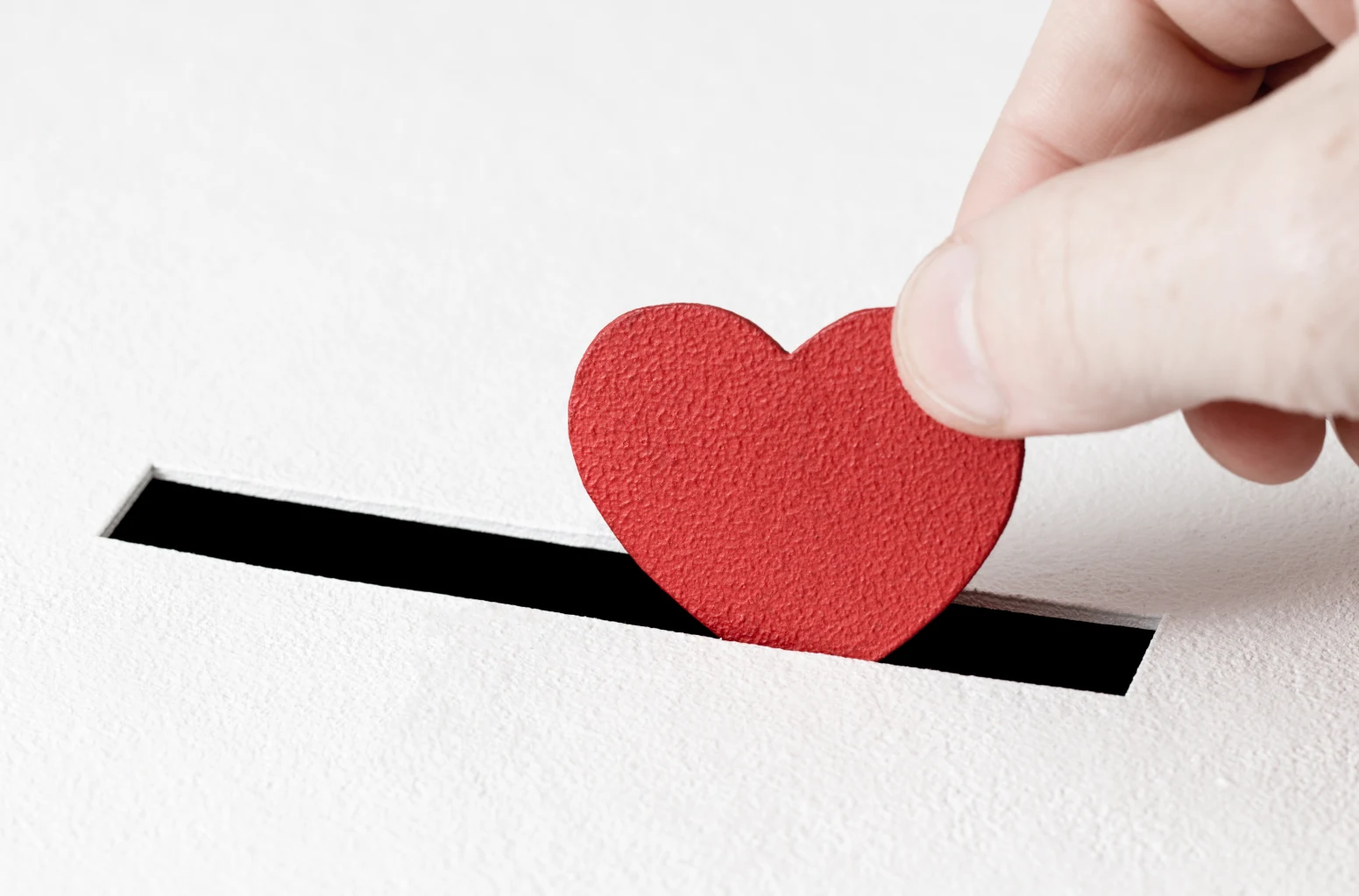
Seven billion people. Trillions in corporate bailouts. Nine gigatons of carbon released into the atmosphere every year.
Life in the modern world is defined by numbers so astronomical that we struggle to comprehend them, much less solve the problems they reflect.
Everyday life doesn’t provide human beings with the frame of reference that we need in order to grasp things at such a large scale (unless you have a teenage boy, it’s probably been a while since you ordered a billion pizzas or popped around the corner for a gigaton of milk).
Life in this world of massive numbers can be demoralizing.
How can we protect the planet when air pollution is measured in units of a billion tons?
How can we sensibly regulate corporations that are able to call on trillions of dollars in government support while ordinary people barely get by?
What kind of impact on the world would donating $5 a month have?
Taking stock of these situations, it’s easy to feel that working for change is pointless, that any effort we make will be swamped by all those billions and trillions. Let’s face it: it’s easy to give up.
But there’s another way to think about this. Often the system that causes a problem also provides us with the tools to solve it.
We print all that money and pump out all that carbon because of the modern economy that we have built – an economic system that can actually do good rather than harm if we know how to harness it.
The economy connects people around the world, across barriers of language, culture, distance, and time. Technology turns those connections into opportunities – like the opportunity for one person to make a small donation that has a huge impact.
In Brazil, a thousand square feet of rainforest costs about $11.50. With a recurring $11 monthly donation to support the work of organizations like the Rainforest Trust, you could protect about twelve thousand square feet of rainforest in just one year.
In many parts of Africa, annual school tuition is around $20 – and yet many families struggle to afford it.
With a year of recurring $20 monthly donations to the Africa Hope Fund, you could fund twelve years of a child’s education – completely changing his or her life.
Malaria nets cost about $5 each, which means that with a weekly $5 donation to the Against Malaria Fund, you could save the lives of 52 children in one year. In 30 years, you could save over 1,500 children! Sometimes it only takes one person to save a village.
Tweet
So numbers can be powerful and uplifting, too. The key is to find a way to use the technology and resources of our globalized economy to amplify your impact.
Donating $5 a month – that is very manageable to you, can travel halfway around the world and save or dramatically improve another person’s life.
The next step forward in banking is ethical banking. It’s a way for you to give back, to reach people who need help – and to put up some mind-blowing numbers of your own.
Tweet


